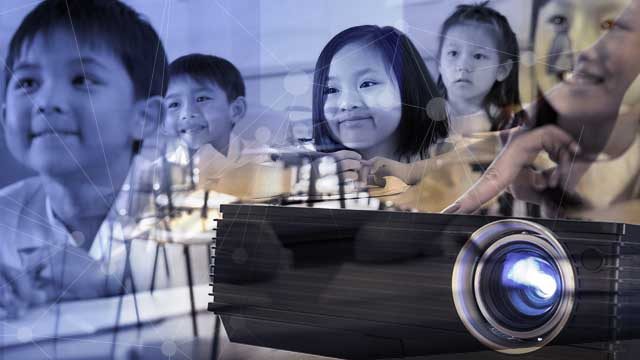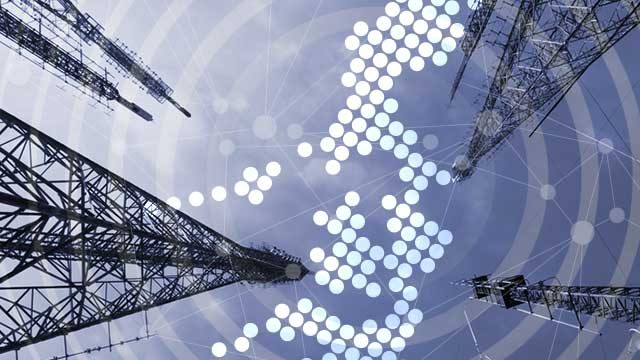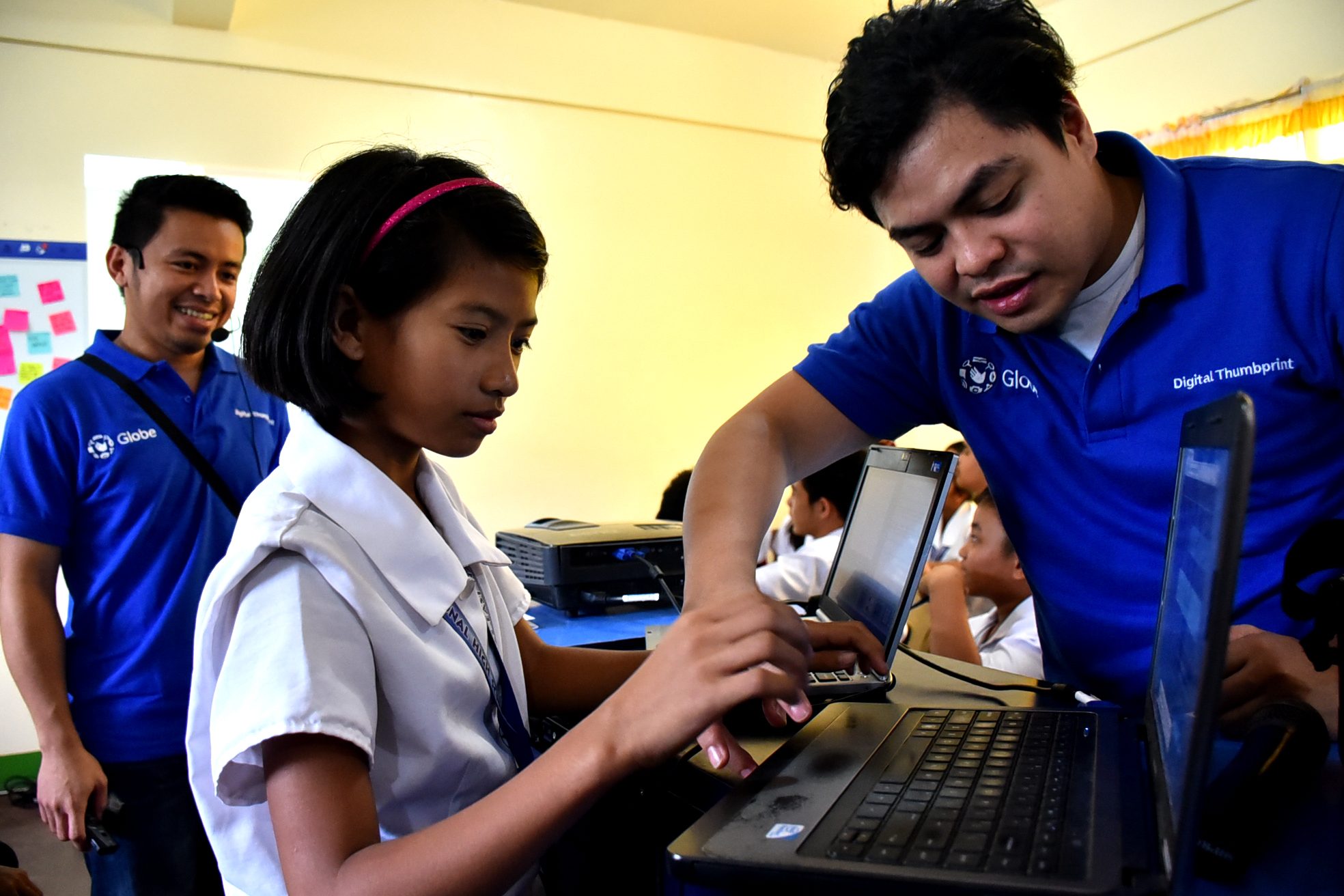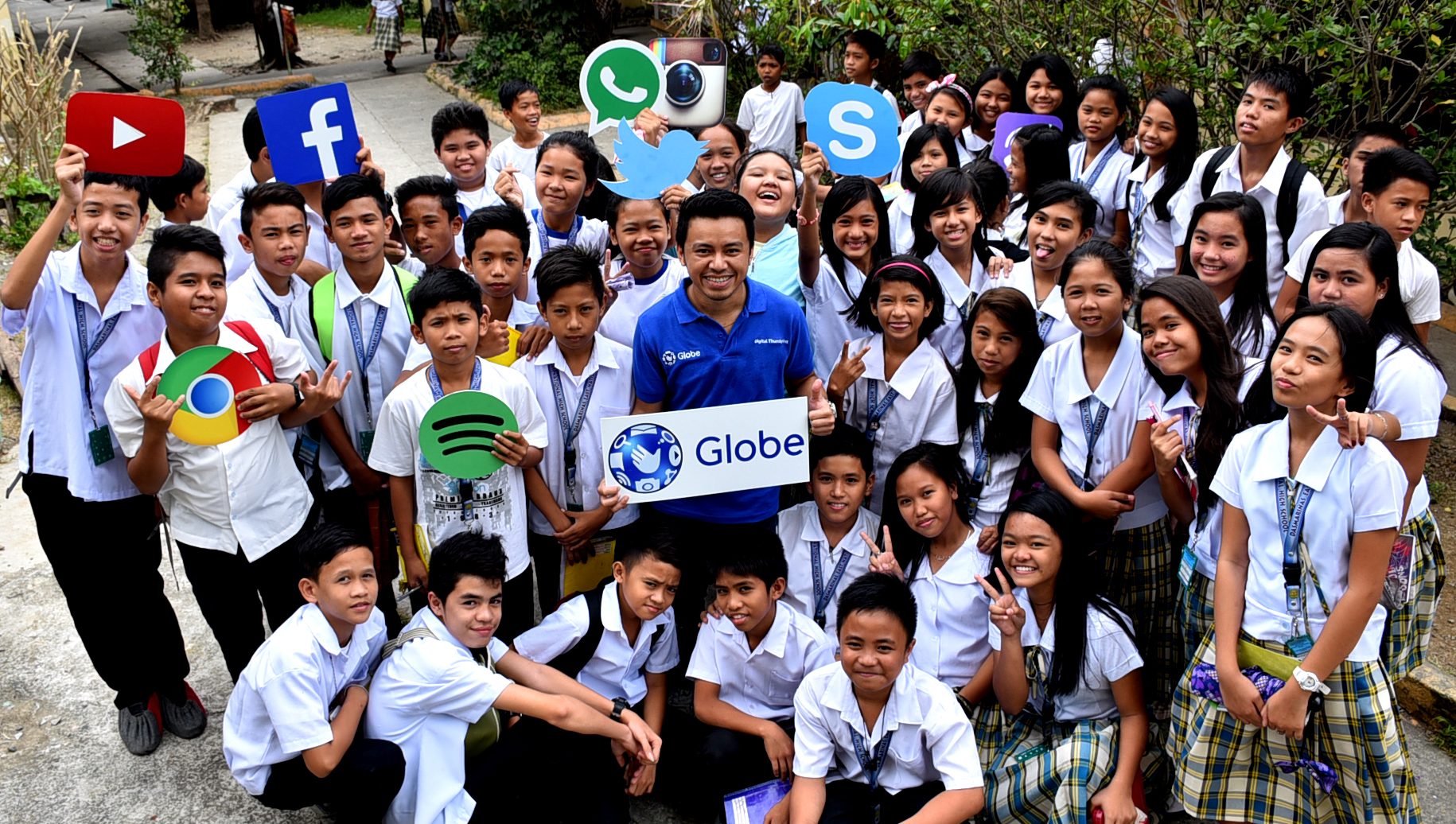SUMMARY
This is AI generated summarization, which may have errors. For context, always refer to the full article.

MANILA, Philippines – By 2030, the United Nations has set an agenda to end poverty, protect the planet, and ensure prosperity for all.
At the helm of these sustainable development goals is better access to education. When an individual gains sufficient knowledge and skills, he can make life better, not just for himself, but for others. Education is the gateway to address all other development issues, including equality, environmental preservation, and modernization.
Access to inclusive and quality education is global concern. According the UN, enrollment in primary education in developing countries has reached 91 percent, but 57 million children remain out of school. Worldwide, 103 million youth still lack basic literacy skills, and more than 60 percent of them are women.
Despite higher budget allocations from the government, the state of education in the Philippines still lags compared to our Southeast Asian neighbors. Last year, the World Economic Forum ranked the Philippines 86th out of 140 countries in terms of primary education and health.
Long-standing problems such as lack of resources and poor infrastructure all contribute to our consistent poor performance.
ICT for inclusive education
The Department of Education recognizes the key role of information and communications technology (ICT) in improving the state of education. The Internet, with its capacity to hold an infinite number of resources, can provide accessible and comprehensive education for students, wherever they may be in the country.
Online learning databases do not waste precious natural resources. A single laptop and projector set-up, for example, can be used for a learning session for an entire classroom. In lieu of books and papers, students can access modules, submit assignments, and consult with their teachers and classmates online.
Teachers can also benefit from learning tools that do not require traditional logistics and multiple materials. For example, the DepEd has launched the Learning Resources Management and Development System (LRMDS), a portal for online teaching and learning materials created by teachers and education partners.
In a previous launch statement, current DepEd secretary Armin Luistro said: “These programs will help our learners have more access to relevant, up-to-date and quality education materials. It also provides a database to our educators where they can derive their lessons from. These materials will assist them in their lesson plans, and may also give an array of contextualized classroom discussions.”

Recognizing the challenges
In 2011, the Philippine government put up a national strategy for improving Internet access, identifying education as a key area that would benefit from ICT development. Among the targets were that 100 percent of secondary schools and 80 percent of elementary schools in the country should have Internet access by 2016.
The existence of strategies and portals are not enough. Next comes the heavier challenge of deploying these resources to school children.
Today, many schools continue to struggle with limited budgets for acquiring enough desktop computers and laptops. According to a broadband policy brief released by Arangkada Philippines last year, almost 80 percent of public schools in the Philippines still do not have Internet access. (READ: Statistics on broadband and mobile Internet in the PH)
Computer literacy must become mandatory for teacher licensure, and in-service ICT training for educators must be continuously improved. The DepEd’s 5-year strategic plan acknowledges that the education system as a whole lacks infrastructure for connectivity and access to technologies.
Major broadband players also need the government’s urgent support to fast-track Internet development in the country.
Yoly Crisanto, Globe Senior Vice President for Corporate Communications said: “To help the education sector, we are poised to aggressively deploy broadband infrastructure in the country. We want to build more cell sites and fill the infrastructure gap so we can continue to support the country’s growth. Today, far too many young Filipinos are unable to take full advantage of advancement in digital technology when compared with other countries, because a significant portion of the public school system does not have Internet access.”
Global Schools for Filipinos
Through shared connectivity and innovative teaching methods with ICT integration in the classroom, teachers and school leaders can significantly increase the quality of learning in the public sector.
Aside from improving current policies, the DepEd sees the private sector as an important partner in implementing these strategies. Among the DepEd’s collaborative efforts is the Global Filipino Schools Program, a long-term educational initiative that seeks to transform select public schools into centers of ICT excellence and innovative teaching methods.

The program consists of providing schools with online connectivity, a uniquely-designed collaborative learning space, a Globe Mobile Laboratory package, and 21st Century Teaching Methods using ICT in the classroom. It is covered by the DepEd’s partnerships with selected public schools around the country, Globe, Ayala Foundation, and various tech and device partners.
“Access to basic education is a fundamental human right, and by integrating ICT into our public education system, we are giving our youth the capability to compete globally in today’s digital environment,” Crisanto noted.
Currently, there are 20 schools under the Global Filipino School program around the country. An additional 60 more schools are expected to be launched this year. The aim of the program is to have a Global Filipino School in each of the 221 DepEd divisions around the country.

Do your part
Every Filipino who receives a better education is an individual who can contribute to the Philippines’ continuous growth and development. Every citizen, then, is a stakeholder in ensuring that all children can get equal access to this right.
Building a sustainable world does not stop with education in classrooms. Sustainability is holistic mindset that can be practiced at home, in the office, and in local communities. Modern technology enables us to create better communication channels, minimize waste, improve efficiency, and increase access for all. But it’s up to dedicated, passionate human individuals to make the whole system work.
Make sure that you do your part. – Rappler.com
Add a comment
How does this make you feel?
There are no comments yet. Add your comment to start the conversation.